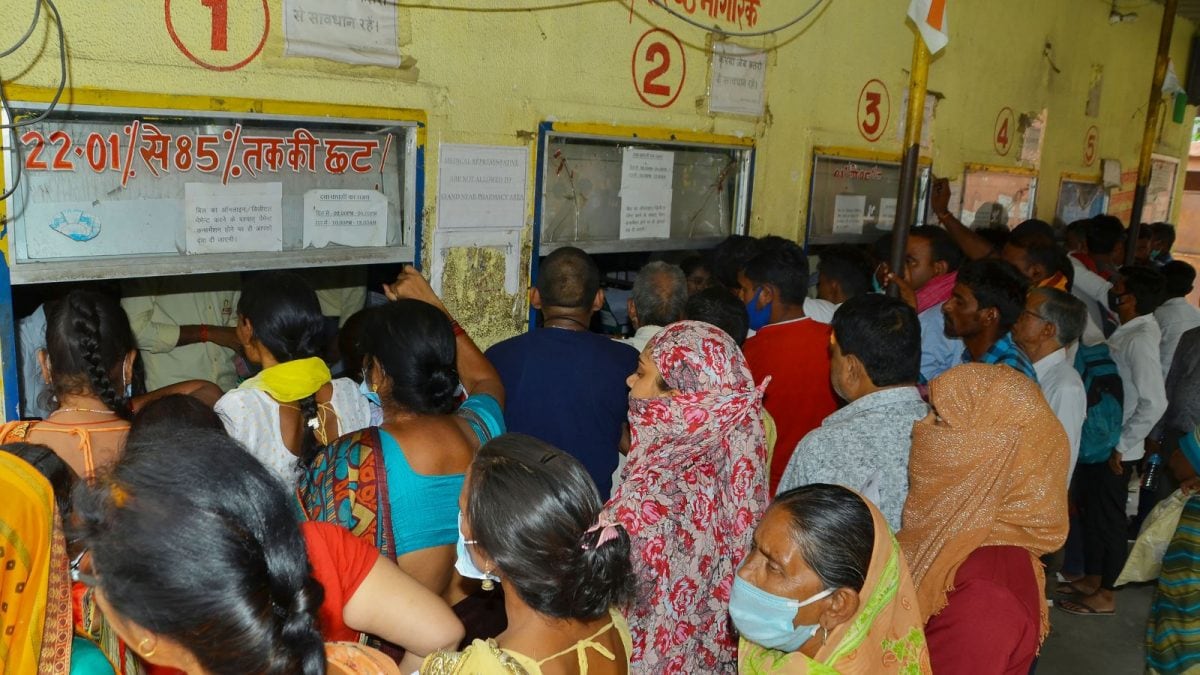Haryana Healthcare in Crisis: Ayushman Bharat Delays Crippling Public System

Haryana's Public Healthcare System Faces Collapse Due to Ayushman Bharat Payment Delays
Haryana's public healthcare system is teetering on the brink of collapse, facing a severe crisis stemming from substantial pending dues from the Ayushman Bharat scheme. This situation, compounded by financial mismanagement and a lack of strategic planning, is severely impacting the quality and accessibility of healthcare services for residents across the state. The issue isn't simply about delayed payments; it's a systemic problem that threatens the very foundation of public health in Haryana.
The Ayushman Bharat Burden
Ayushman Bharat, India's flagship health insurance scheme, aimed to provide affordable healthcare to millions. However, in Haryana, the implementation has created an unexpected burden. Hospitals, both public and private, are struggling to receive timely reimbursements for services rendered under the scheme. Sources estimate that dues amount to billions of rupees, leaving hospitals financially strained and unable to meet operational expenses. This has led to a vicious cycle: reduced services, compromised quality, and ultimately, a decline in public trust.
A Perfect Storm of Issues
The problem isn’t solely attributable to Ayushman Bharat delays. A deeper analysis reveals a confluence of factors contributing to the crisis:
- Financial Mismanagement: Concerns have been raised regarding the allocation and utilization of funds within the healthcare sector. Inefficient budgeting and a lack of transparency have exacerbated the financial strain.
- Lack of Strategic Planning: The state's healthcare strategy appears reactive rather than proactive. There’s a need for comprehensive planning that anticipates challenges and ensures financial sustainability. The integration of Ayushman Bharat should have been carefully considered and budgeted for from the outset.
- Staff Shortages and Infrastructure Deficiencies: Many public healthcare facilities in Haryana are grappling with shortages of doctors, nurses, and essential medical equipment. This, combined with inadequate infrastructure, further limits the system's capacity to deliver quality care.
Impact on Patients
The consequences of this crisis are borne by the patients of Haryana. Reduced services, longer wait times, and potential compromises in treatment quality are becoming increasingly common. The most vulnerable populations, who rely heavily on public healthcare, are disproportionately affected. The promise of accessible and affordable healthcare under Ayushman Bharat is, for many, proving elusive.
The Path Forward: Recommendations
Addressing this crisis requires immediate and concerted action. Here are some key recommendations:
- Expedite Ayushman Bharat Payments: The state government must prioritize clearing the pending dues to alleviate the financial burden on hospitals.
- Improve Financial Management: Implement robust financial management practices, ensuring transparency and accountability in the allocation and utilization of healthcare funds.
- Develop a Comprehensive Healthcare Strategy: Create a long-term healthcare strategy that integrates Ayushman Bharat effectively and addresses systemic weaknesses.
- Invest in Infrastructure and Human Resources: Increase investment in healthcare infrastructure and address staff shortages through recruitment and training programs.
- Strengthen Monitoring and Evaluation: Establish a robust monitoring and evaluation system to track the performance of the healthcare system and identify areas for improvement.
Conclusion
The healthcare crisis in Haryana is a serious issue that demands urgent attention. By addressing the underlying causes and implementing effective solutions, the state can safeguard the health and well-being of its citizens and fulfill the promise of universal healthcare. Failure to act decisively will only deepen the crisis and further erode public trust in the system. The time for action is now.






